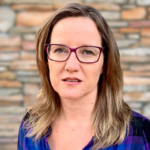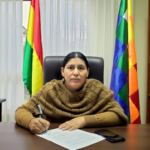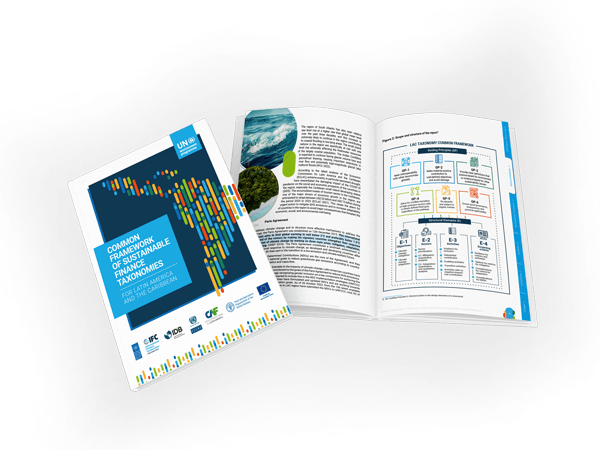Event
An increasingly recognized and vital aspect in the global effort to combat climate change, is the intersection of gender equality and environmental sustainability. Within the United Nations Framework Convention on Climate Change (UNFCCC), the annual Conference of the Parties (COP) is a fundamental platform for negotiations and international agreements. Over the years, discussions have evolved to incorporate the gender dimension, acknowledging the differential impacts of climate change on women and the need for gender-sensitive solutions, as well as recognizing solutions originating, particularly, from rural and indigenous women.
At COP23 in 2017, the adoption of the Gender Action Plan (GAP) marked a significant milestone in the region. The GAP provides a roadmap for integrating gender considerations into all aspects of climate policy and action. It emphasizes the importance of gender-responsive adaptation and mitigation measures, capacity-building for women, and the active participation of women in decision-making processes. This historic achievement has paved the way for increased awareness and action on gender and climate change.
Since then, countries in Latin America and the Caribbean have made notable progress in incorporating gender perspectives into their climate strategies. Many have developed National Gender and Climate Change Action Plans, which outline specific measures to address gender inequalities and to empower women within the context of climate change. Additionally, different regional platforms and initiatives have emerged, including UNEP’s Regional Gender and Environment Group, the intergovernmental work done at CSW66 together with UN Women, and the Feminist Action for Climate Justice Coalition (FACJ) within the framework of the global initiative Generation Equality (a regional and global platform led by UN Women) to facilitate knowledge exchange, capacity-building, resource mobilization, and collaboration in climate action with a gender perspective.
Furthermore, the Escazú Regional Agreement on Access to Information, Public Participation and Justice in Environmental Matters in Latin America and the Caribbean, which aims to combat inequality and discrimination and ensure the rights of all people to a healthy environment and sustainable development, with special attention to vulnerable individuals and groups, places equality at the center of sustainable development. It lays the groundwork for an institutional support structure and offers tools to improve policy formulation and decision-making.
Despite these advances, challenges persist. Limited access to resources, cultural norms, and unequal power relations hinder the full integration of gender considerations into climate policies and practices. As we look ahead to COP28 in Dubai later this year, this event between UNEP, UN Women, and the World Food Programme provides an opportunity to reflect on the progress made, recognize the unique needs of the region, and address remaining challenges. By showcasing practical examples and experiences, the event aims to inspire and inform further progress in climate action with a gender perspective in Latin America and the Caribbean, ultimately fostering more inclusive and practical approaches for addressing the urgent challenges of climate change in the region.
- 09:00 – Opening words and Presentation of the Agenda
- 09:10 – Introductory Presentation – UN Women
- Introduction to gender
- Presentation of the gender mainstreaming model for environmental policy (UN Women)
- 09:20 – Part I – From Theory to Action: Presentation of Projects, Tools, and Methodologies
- Experiences of practitioners for developing gender inclusive methodologies (CBIT experts, other projects)
- Interagency experiences (UN Women – WFP
- 10:00 – Part II – Grounding in national realities
- National progress and challenges for the future.
- What is needed for the incorporation of gender in national plans?
- 10:25 Closure
Enlaces relacionados
Panelists

Cecilia Alemany
UN Women Deputy Regional Director for the Americas and the Caribbean

Nidya Pesántez
UN Women Office Representative in Bolivia

Jessica Huertas
Project manager CBIT Peru

Angélica Ponce
Executive Director of the Plurinational Authority of Mother Earth of Bolivia
Moderators

María Jimena Jurado
Climate Change and Gender Specialist at the United Nations Environment Program (UNEP)





